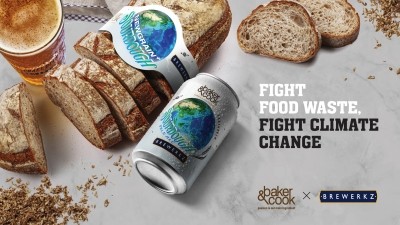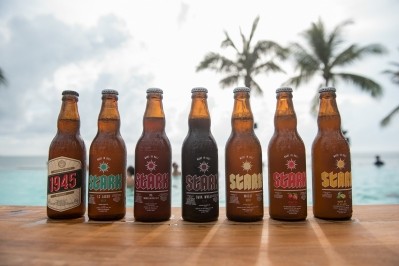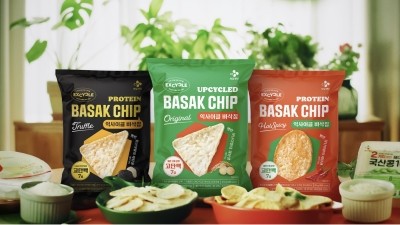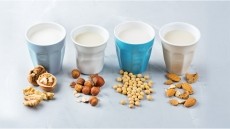Upcycled beverages firm CRUST Group brews ‘strong results’ in Japan, eyes other Asian markets with sustainability demand
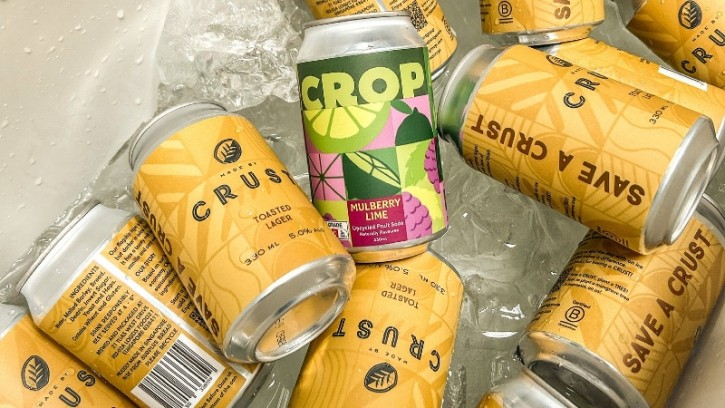
Founded in 2019, the firm has been working with restaurants and hotels to turn leftover bread into beer-making ingredients, and upcycle food waste like fruit peels into non-alcoholic beverages.
Its craft beers and non-alcoholic range are retailed under the CRUST and CROP brands respectively.
In 2021, the firm brought its concept to Japan, where it has conducted several pilot projects.
“More than 6 million tonnes of agriculture and food surplus are produced in Japan per year, which amounts to USD19bn of disposal costs annually. There is a vast variety of surplus ingredients from bakeries, farms and supermarkets, as well as a multitude of distributors available, providing ample opportunities for market penetration and expansion,” Low Jia Yu, Head of Marketing at CRUST Group, told FoodNavigator-Asia.
The firm recently collaborated with Kitakyushu City Council to launch a tomato beer that is brewed using excess tomatoes from farms in Kagome.
CROP’s Amanatsu Honey, a sparkling water made from amanatsu (Japanese summer orange) peels, is also available in Japan.
“There have been positive customer feedback and strong results from our pilot projects in Japan. We have also gained support from the local government and businesses, which was heartening to see.
“With increasing consumer awareness on sustainable consumption, we aim to build brand affinity relating to health, sustainability and regenerative agriculture, and establish stronger networks and partnerships in the country,” said Low.
At the same time, the Group is looking to set foot in other Asian markets such as Indonesia, Thailand, Taiwan, and South Korea.
“The geographical proximity between these countries will enable us to scale our impact without having to emit large amounts of carbon emissions. Consumers in this region are starting to better understand the whole idea around circular economy and upcycling, hence we see potential in these markets.”
Increasing variety and accessibility
According to Low, Crust Group has experienced a CAGR of over 70% since FY19/20, mainly because of its “growing presence and larger contract sizes” in Singapore and Japan.
To date, the firm has saved 2,560kg of food waste and produced 50,000L (equivalent to about 151,515 cans of beers) in total.
“The market for upcycled food and beverage (F&B) products is growing both locally and in the wider APAC region. Larger and well-established companies are placing more focus on sustainability, such as carbon reduction and introducing sustainable products to their portfolios.
“For consumers, education and marketing will still play an important role in spreading awareness on upcycled F&B so that they might be more conscious about their product choices,” she added.
The firm’s venture into the non-alcoholic drinks category was driven by the goal of increasing accessibility to sustainable products.
“We wanted to create products that can be consumed by all. Some events that we went to had alcohol restrictions, and it’s a pity that our beers couldn’t be there.”
Currently, the firm is working on a “different style of beer” from CRUST’s existing range of ale, lager and IPA, while more flavours derived from various types of fruit and vegetable waste are under development for CROP.
Beyond beverages, Crust Group is also planning to upcycle the spent grains from beer-brewing into other food product applications, such as snacks, in the near future.
